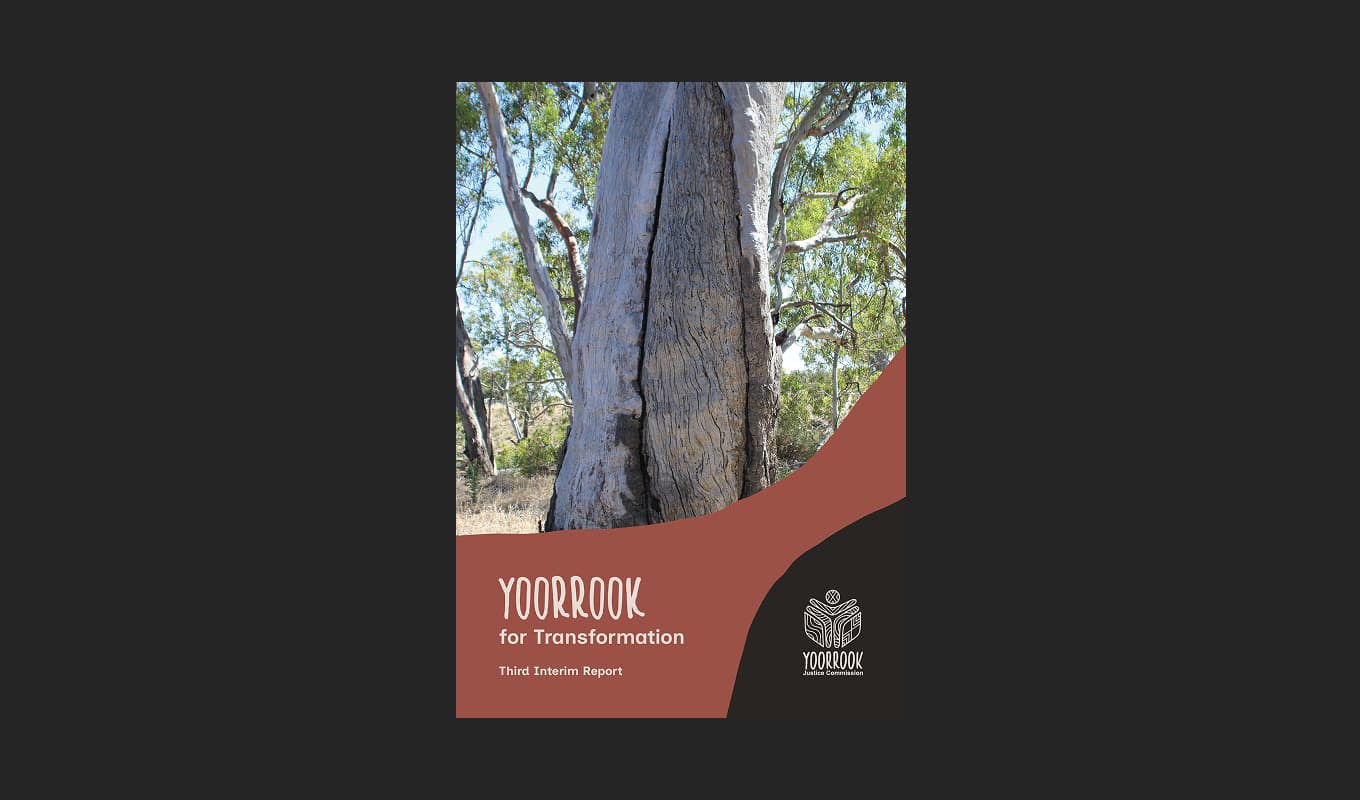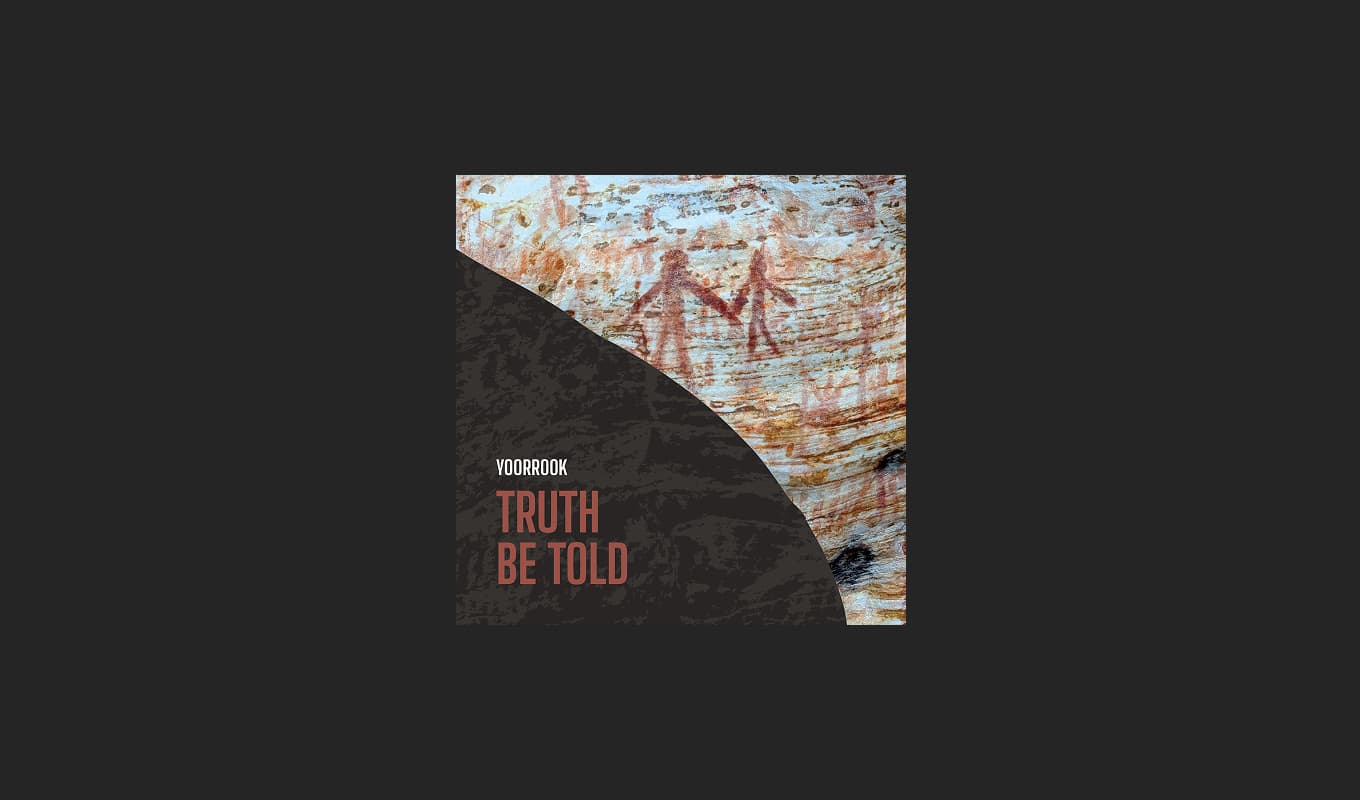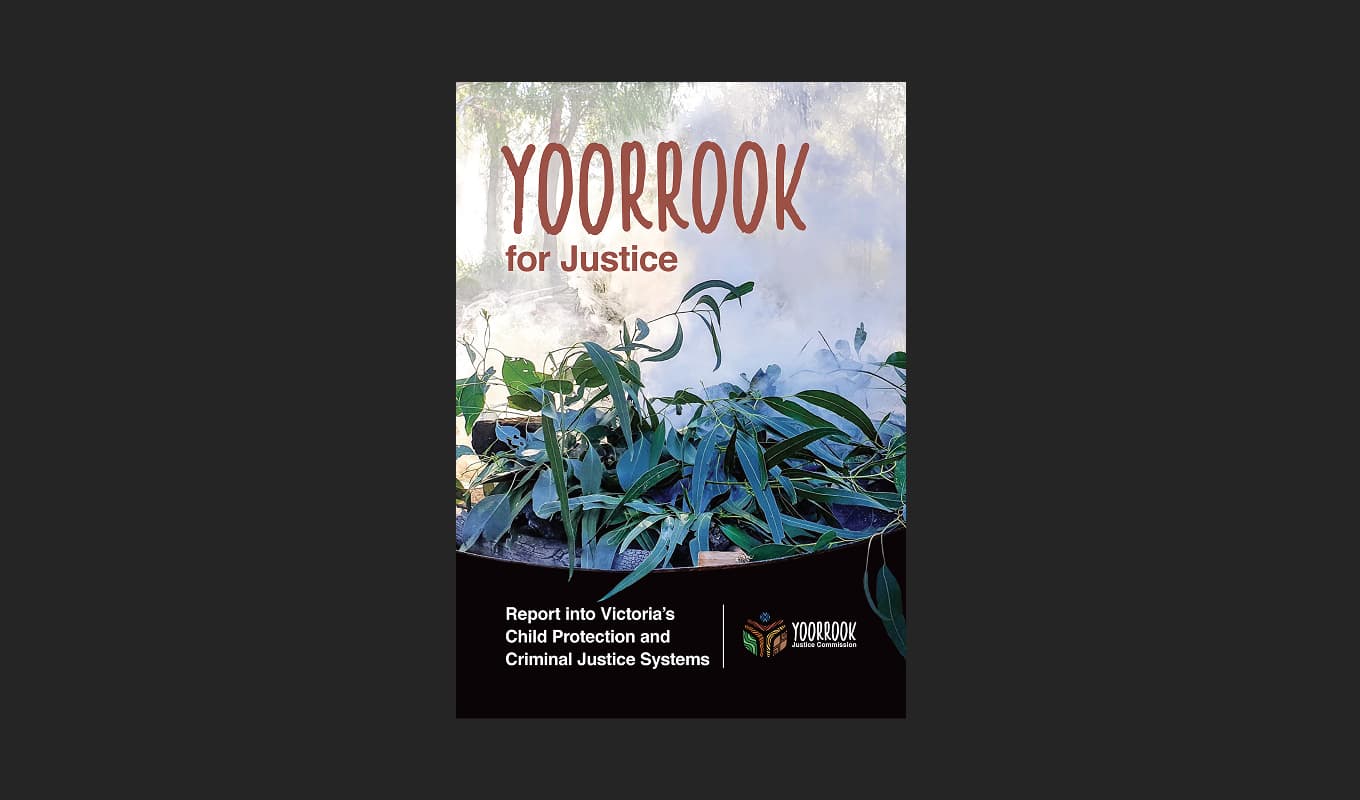Anonymous 1386
Submission Transcription
Colonisation has ongoing and far reaching impacts for First Peoples. They have also continued to resist against colonial forces to this day and have never ceded sovereignty to their lands. The impact of the theft and forced removal from their country has inter generational impacts through loss of spiritual and cultural connection to ways of being, places of significance, ritual, ancestral stories and histories. Unlike western understandings of ownership of land, it is my basic understanding that First Peoples are part of and care givers with the land and colonisation has systematically aimed to break these ties. Colonisation in this country is genocide – the removal of children into essentially prisons in the form of missionaries to eliminate language, histories, rites of passage, cultural connection and knowing of who they are and where they come from is a violent, traumatising act that continues through generations. This continues to this day in child removals, over incarceration of First Peoples and a lack of understanding of how colonisation and loss of connection to country, family and history has deep psychological impacts. First Peoples are killed by police in situations that do not require extreme force or through active negligence as coronial inquest after coronial inquest demonstrates. Colonial forces massacred First Peoples and stole remains and significant objects, and continue to refuse to return these. The insidious racism in which they continue be to seen as less than and lazy and only wanting another hand out fails to understand the history of colonisation/genocide. Furthermore, the fracturing of family groups and the diverse experience and understandings of First Peoples is used to break solidarity in resistance to ongoing colonial forces to gain access to land for capital gain. In trying to understand the impacts of colonisation, it has been important to recognise that there is staunch resistance to this oppression and genocide by First Peoples.
I attended high school and university in NSW. I remember in high school asking why out history ended with the freedom rides of the 70s, as if everything was all good by then and “equality” had been attained. It wasn’t until I elected to take Indigenous studies at university that I was taught a richer history of colonisation and its impacts. As a class we commented that this felt like an understanding and knowledge that should be core curriculum for all people. It also reframed the passive narrative of First Peoples into a group who fought and resisted colonisation.
It is our responsibility to learn the history of colonisation and support First Peoples in their ongoing resistance through bodies on the streets, financial support and understanding we are not “saviours” but need to be in solidarity with their ongoing resistance.
Truth-telling as a non Indigenous person for me is about not just listening but recognising that First Peoples have knowledge and a right to land back, reparations and to organise for their own peoples. Treaty is only relevant if it First Peoples are not giving up sovereignty to colonial systems. I believe in the call from Black Peoples Union that it is for First Peoples to talk and organise and bring to the table again what they want and need for their communities, as has been done before and ignored. All of the research is there and colonial systems continue to ignore this because it does not suit their agenda.
Truth-telling as a non Indigenous person for me is about not just listening but recognising that First Peoples have knowledge and a right to land back, reparations and to organise for their own peoples. Treaty is only relevant if it First Peoples are not giving up sovereignty to colonial systems. I believe in the call from Black Peoples Union that it is for First Peoples to talk and organise and bring to the table again what they want and need for their communities, as has been done before and ignored. All of the research is there and colonial systems continue to ignore this because it does not suit their agenda.
Truth-teller consent
Contact us about this submission
Contact us if you’d like to discuss this submission.
Similar submissions
Explore submissions from other witnesses that discuss similar topics.
Viki Sinclair (Fowler)
Viki Sinclair is a direct descendant of one of the original settlers of Gippsland, Colin McLaren. In this submission, she tells her personal story of... more
Prof. Mark G. Brett
Prof. Mark G. Brett's paper, "Reinventing Waste Land as a Colonial Legal Fiction," explores the historical development of the concept of waste land fr... more
Barbary Clarke
Barbary Clarke and Jason Clarke, descendants of Alfred Deakin and William John Turner, also known as Big Clarke, discuss aspects of their family's his... more
Reports and Recommendations
Read the official reports and recommendations of the Yoorrook Justice Commission.

Yoorrook for Transformation
Third Interim Report: A five-volume comprehensive reform report presenting evidence and findings on systemic injustices, and specific recommendations for meaningful change to transform the future.

Truth Be Told
An official public record that documents First Peoples experiences since colonisation, preserves crucial testimonies for future generations and creates an enduring resource for education and understanding.

Recommendations for change
Yoorrook Justice Commission’s recommendations for truth-telling, justice, and systemic reform in Victoria.

